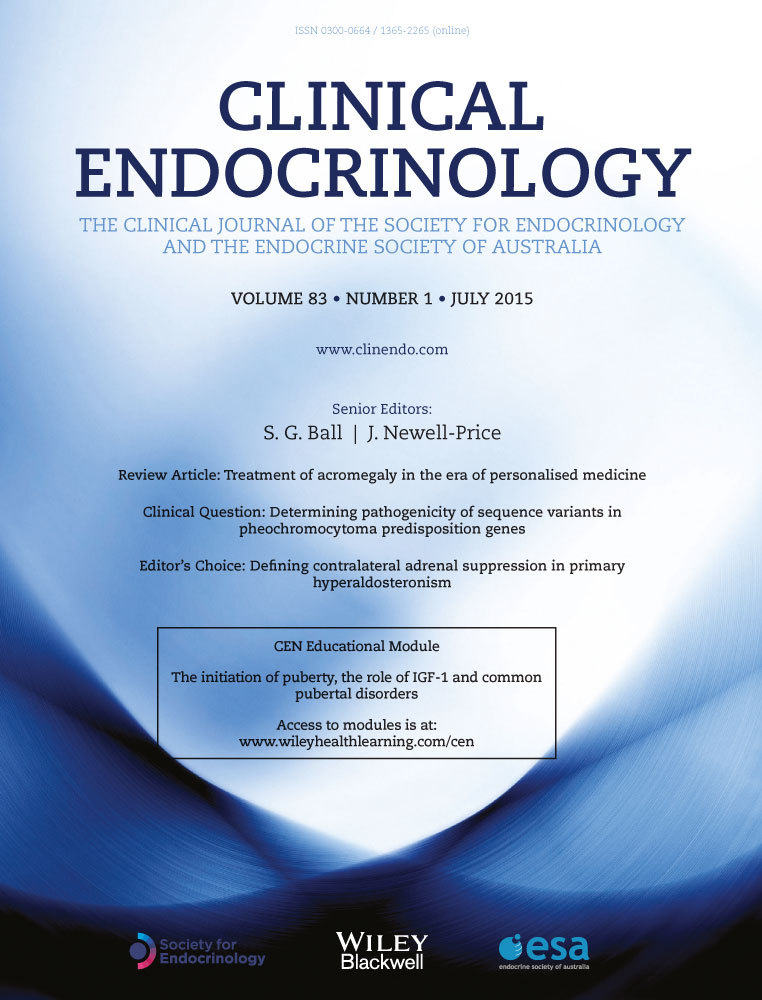Vitamin D supplementation and testosterone concentrations in male human subjects
Summary
Objective
A possible association between serum 25-hydroxyvitamin D and testosterone levels has been reported; however, contradictory results have emerged.
Design
To investigate a causal link between vitamin D and testosterone status, we studied the effect of vitamin D supplementation on serum testosterone concentrations in three independent intervention studies including male patients with heart failure (study 1), male nursing home residents (study 2) and male non-Western immigrants in the Netherlands (study 3).
Methods
In study 1, 92 subjects were randomized to either vitamin D (2000 IU cholecalciferol daily) or control. Blood was drawn at baseline, after 3 and 6 weeks. In study 2, 49 vitamin D deficient subjects received either vitamin D (600 IU daily) or placebo. Blood was drawn at baseline, after 8 and 16 weeks. In study 3, 43 vitamin D deficient subjects received either vitamin D (1200 IU daily) or placebo. Blood was drawn at baseline, after 8 and 16 weeks. Serum 25-hydroxyvitamin D levels were measured using LC-MS/MS or radioimmunoassay. Testosterone levels were measured using a 2nd generation immunoassay.
Results
Serum 25-hydroxyvitamin D levels significantly increased in all treatment groups (median increase of 27, 30 and 36 nmol/l in studies 1, 2 3, respectively) but not in the control groups. The documented increase in 25-hydroxyvitamin D levels, however, did not affect mean testosterone concentrations at the end of the study (median increase of 0, 0·5 and 0 nmol/l in studies 1, 2 and 3, respectively).
Conclusions
In this post hoc analysis of three small clinical trials of limited duration in men with normal baseline testosterone concentrations, vitamin D supplementation was not associated with an increase in circulating testosterone concentrations.




